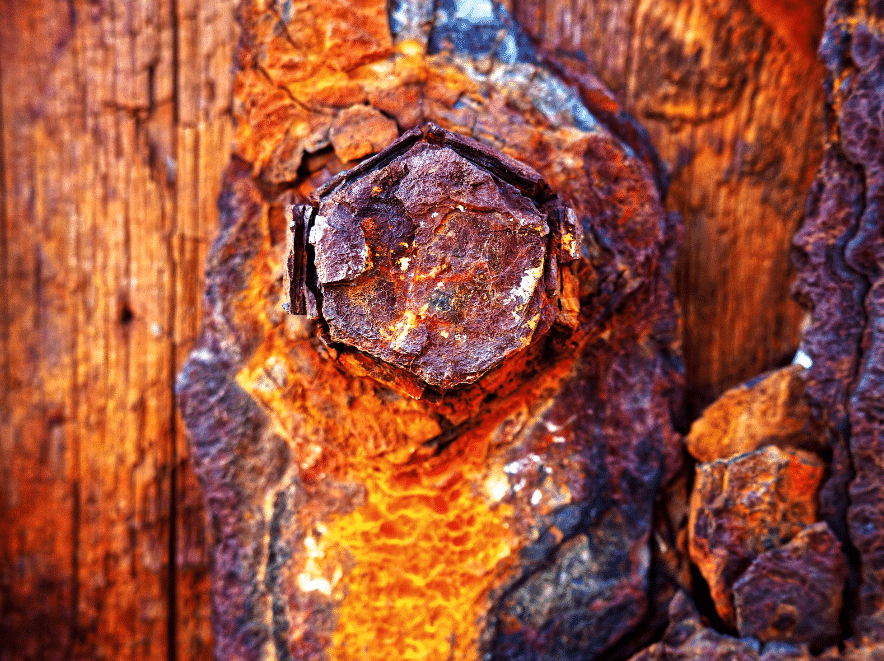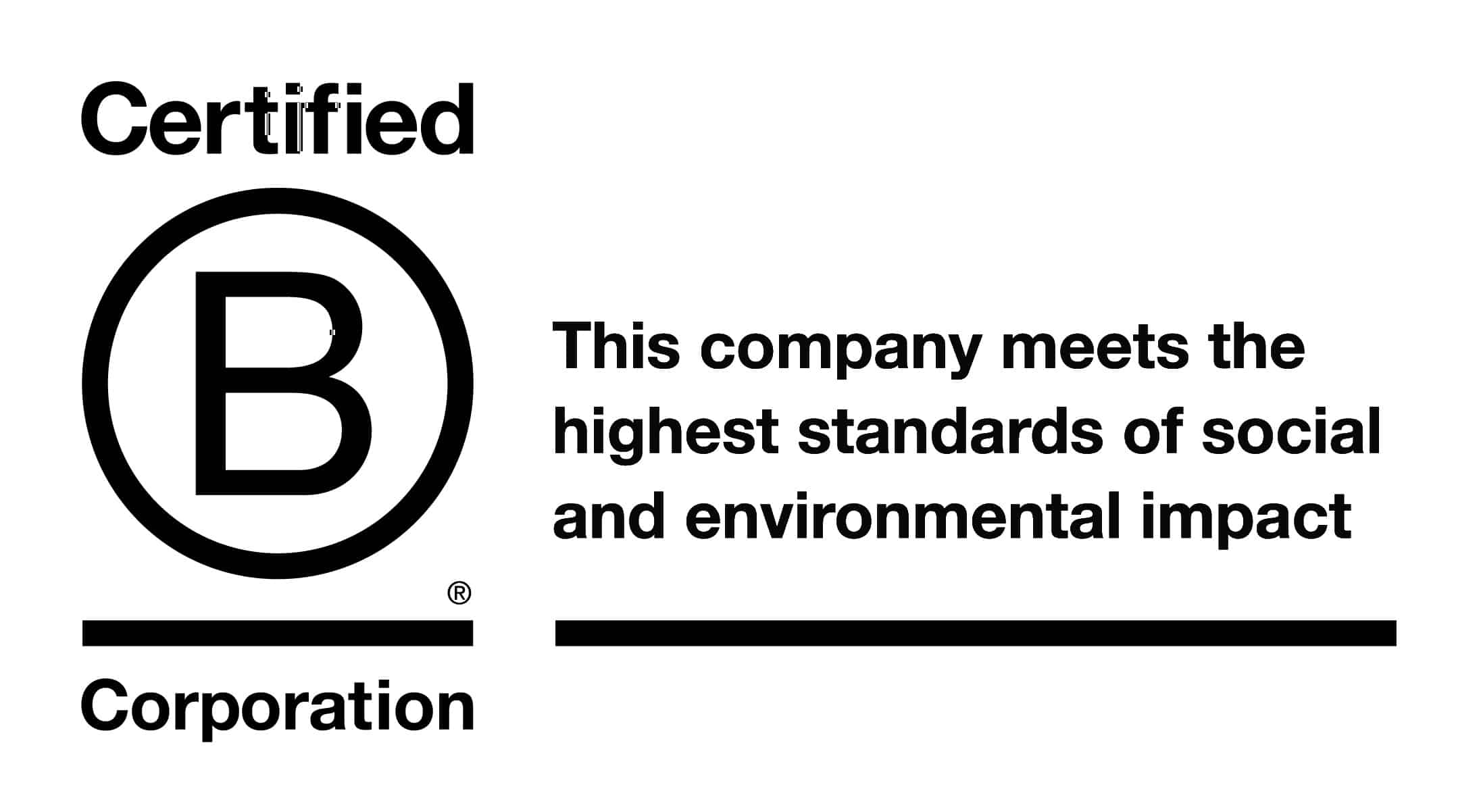Understanding Their Expertise and Importance

Corrosion is a natural process that causes materials, especially metals, to deteriorate due to chemical or electrochemical reactions with their environment. This phenomenon can compromise the stability and performance of infrastructure, equipment, and various assets. As a result, corrosion specialists are crucial across numerous industries, from oil and gas to transportation and construction. Let’s explore the role of corrosion specialists, their expertise, and the importance of their work in ensuring safety and prolonging the service life of vital assets.
What is a Corrosion Specialist?
Corrosion specialists are experts in corrosion engineering or materials science and engineering, focusing on addressing and managing corrosion-related issues. They are responsible for identifying, analyzing, and mitigating corrosion in different materials, including metals, concrete, and polymers. Corrosion specialists deeply understand the chemical, electrochemical, and mechanical aspects of corrosion and the techniques and materials used for corrosion protection. They work in various industries, including oil and gas, transportation, construction, manufacturing, and power generation.
Education and Training
Individuals pursuing a career as a corrosion specialist must usually have a bachelor’s degree in materials science, chemistry, chemical engineering, or a related field. Additionally, these specialists often obtain industry-recognized certifications, such as the NACE (National Association of Corrosion Engineers) or the SSPC (Society for Protective Coatings) certifications, demonstrating their proficiency in corrosion control and materials protection. Many corrosion specialists also hold advanced degrees, such as a master’s or doctorate in corrosion engineering or materials science.
Key Responsibilities of a Corrosion Specialist
The following is a list of responsibilities these highly trained individuals often find themselves involved in and accountable for. As part of the job description, the role of corrosion specialists frequently consists in maintaining the safety and longevity of vital assets.
Corrosion Assessment and Analysis: Corrosion specialists examine materials and structures to assess their susceptibility to corrosion. They analyze factors such as environmental conditions, material composition, and design features to determine the potential for corrosion-related issues. These experts use various testing methods, including laboratory analysis, field measurements, and computer simulations, to predict the behavior of materials under different conditions to identify potential risks.
Materials Selection: A crucial aspect of corrosion prevention is choosing the appropriate materials for a specific application. Corrosion specialists carefully evaluate environmental conditions, cost, compatibility with other materials, and required performance to recommend the best materials and coatings for a given situation. They may also research and develop new materials or coatings with improved corrosion resistance or other beneficial properties.
Corrosion Prevention and Control: In their work, corrosion specialists employ various inspection methods, such as visual inspection, ultrasonic testing, radiographic testing, and electrochemical techniques, to evaluate the extent of corrosion and its effects on the integrity and performance of assets. They develop and implement tailored corrosion prevention and control strategies based on their assessments. These strategies may involve applying protective coatings, using cathodic protection, employing chemical inhibitors, or modifying a system’s design or operating conditions. They also design and maintain corrosion monitoring systems to track the effectiveness of these strategies and make adjustments as needed.
Failure Analysis: When corrosion-related failures occur, corrosion specialists investigate the root causes and recommend corrective actions to prevent recurrence. This process involves analyzing failed components, evaluating operational and environmental factors, and developing improved materials or corrosion prevention strategies. They may also work closely with other engineers, scientists, and technicians to design and implement these improvements.
Education and Training: They may also educate and train personnel on corrosion-related issues, ensuring that industry best practices are implemented and maintained. This can involve developing training materials, delivering presentations, and providing hands-on instruction to engineers, technicians, and other staff members. In addition, they may contribute to developing industry standards, guidelines, and regulations related to corrosion control and materials protection.
Research and Development: As materials and technologies evolve, these specialists must stay current with the latest developments in their field. They actively engage in research and development projects, collaborating with other experts to discover new materials, coatings, and corrosion prevention techniques that can enhance asset performance and longevity. They may also contribute to the scientific literature by publishing their findings in peer-reviewed journals or presenting them at industry conferences.
Importance of Corrosion Specialists
Corrosion specialists’ expertise and work are essential for several reasons. As previously noted, corrosion poses significant challenges to the integrity and safety of infrastructure, equipment, and various assets. Corrosion specialists are indispensable in addressing these challenges across numerous industries, including oil and gas, transportation, construction, and manufacturing.
By leveraging their corrosion engineering and materials science expertise, these professionals ensure the safety, longevity, and economic efficiency of vital assets and operations. The following are some areas where those employed in this job specialty play a significant role.
Safety: Corrosion can weaken structures and equipment, posing safety risks to people and the environment. By identifying and mitigating corrosion risks, they help ensure the safety of critical infrastructure and operations.
Asset Preservation: Corrosion can significantly reduce the service life of materials, resulting in costly repairs or replacements. By implementing effective corrosion prevention and control strategies, a corrosion specialist can help extend the lifespan of assets and reduce long-term costs.
Economic Impact: The impact of corrosion is substantial, costing billions of dollars annually across various industries. These specialists play a vital role in minimizing these costs through their expertise in materials selection, corrosion prevention, and control strategies.
Environmental Sustainability: A crucial aspect of their work is promoting environmental sustainability, as corrosion can release hazardous substances into the environment, causing pollution and environmental degradation. Their expertise enables them to devise and implement effective corrosion prevention and control strategies, ensuring the safety and integrity of essential infrastructure and assets.
Industry Compliance: Many industries have strict regulations and standards related to corrosion control and materials protection. Corrosion specialists ensure compliance with these requirements, helping organizations avoid fines, penalties, and reputational damage.
Innovation: As materials and technologies evolve, so does the corrosion engineering field. Specialists in this field contribute to innovation by developing new materials, coatings, and corrosion prevention techniques to enhance asset performance and longevity.
Conclusion
This article has explored the vital role corrosion specialists play across various industries. Their corrosion engineering and materials science expertise ensures assets’ and operations’ safety, longevity, and economic efficiency. They actively identify and address corrosion risks, select appropriate materials, and implement effective prevention and control strategies to maintain the integrity of essential infrastructure and equipment.
Corrosion specialists’ contributions extend beyond safety and asset preservation, significantly impacting diverse industries’ economic and environmental aspects. They reduce costs associated with corrosion and promote environmentally sustainable practices, thereby contributing to the long-term success and sustainability of their respective projects.
These professionals drive innovation by researching and developing new materials, coatings, and techniques to improve asset performance and longevity. As materials and technologies advance, the role of corrosion specialists will remain indispensable for the safe and efficient operation of critical infrastructure and equipment.
Their role is invaluable in various industries, and their expertise and insights are essential in maintaining the safety, integrity, and longevity of our infrastructure and assets. As industries evolve and face new challenges, the importance of corrosion specialists will only grow, making their contributions increasingly crucial. Book a meeting with us today to learn more about our corrosion services.




